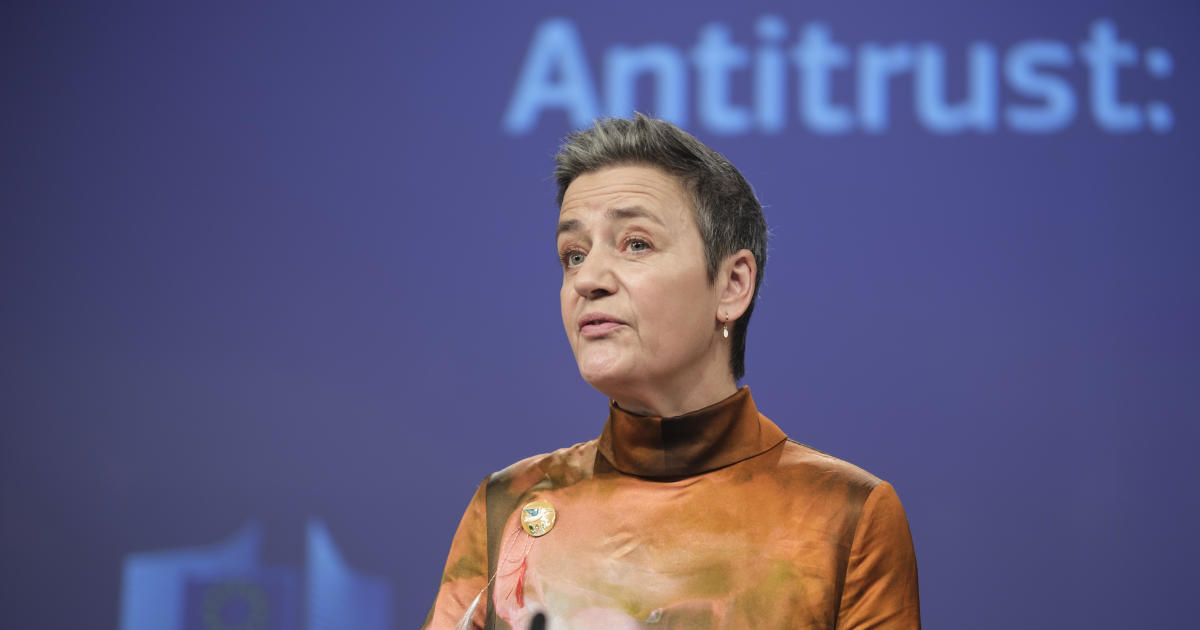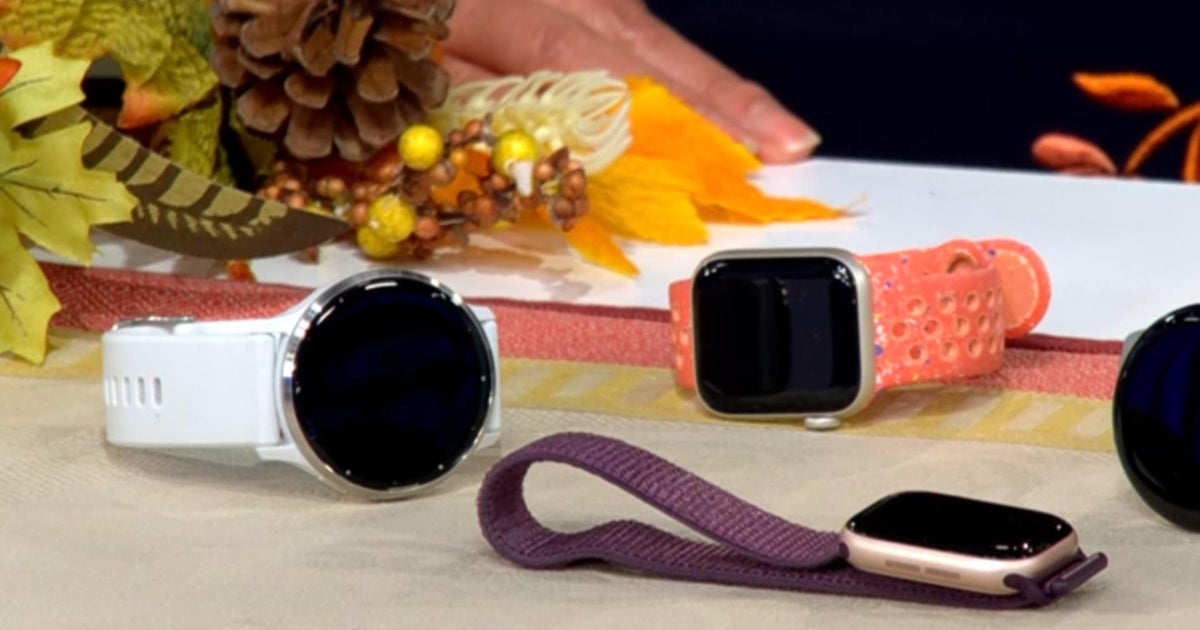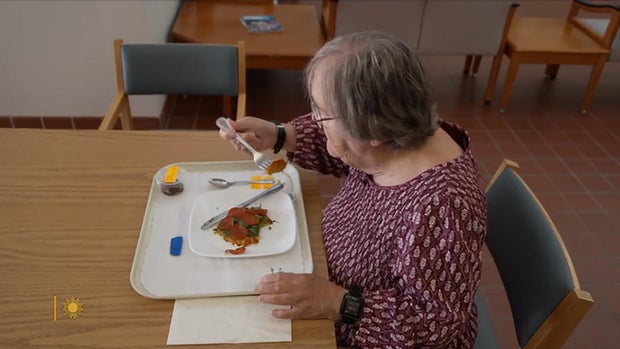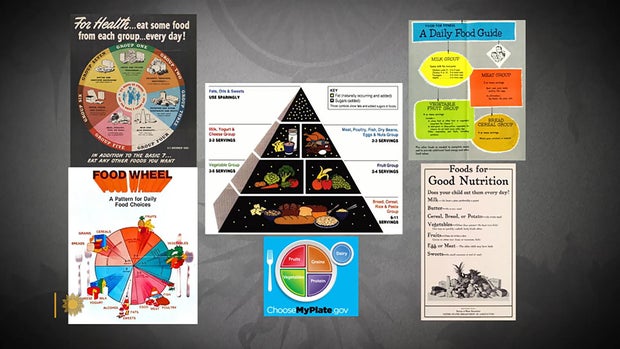CBS News
EU investigating Apple, Google and Meta’s suspected violations of new Digital Markets Act

London — European Union regulators opened investigations into Apple, Google and Meta on Monday, the first cases under a sweeping new law designed to stop Big Tech companies from cornering digital markets. The European Commission, the 27-nation bloc’s executive arm, said it was investigating the companies for “non-compliance” with the Digital Markets Act.
The Digital Markets Act that took effect earlier this month is a broad rulebook that targets Big Tech “gatekeeper” companies providing “core platform services.” Those companies must comply with a set of do’s and don’ts, under threat of hefty financial penalties or even breaking up businesses. The rules have the broad but vague goal of making digital markets “fairer” and “more contestable” by breaking up closed tech ecosystems that lock consumers into a single company’s products or services.
The commission said in a press release that it “suspects that the measures put in place by these gatekeepers fall short of effective compliance of their obligations under the DMA.”
Thierry Monasse/Getty
It’s looking into whether Google and Apple are fully complying with the DMA’s rules requiring tech companies to allow app developers to direct users to offers available outside their app stores. The commission said it’s concerned the two companies are imposing “various restrictions and limitations” including charging fees that prevent apps from freely promoting offers.
Google is also facing scrutiny for not complying with DMA provisions that prevent tech giants from giving preference to their own services over rivals. The commission said it is concerned Google’s measures will result in third-party services listed on Google’s search results page not being treated “in a fair and non-discriminatory manner.”
Google said that it has made “significant changes” to the way its services operate in Europe to comply with the DMA.
“We will continue to defend our approach in the coming months,” Google’s director of competition, Oliver Bethell, said.
In December, it was revealed that Google had agreed to pay $700 million and make several other concessions to settle allegations brought in the U.S. that it had been stifling competition against its Android app store.
The European Commission has slapped Google with antitrust penalties several times already, including a record $5 billion fine levied in 2018 over the search engine’s abuse of the market dominance of its Android mobile phone operating system.
The commission is also investigating whether Apple is doing enough to allow iPhone users to easily change web browsers.
Apple said it’s confident that its plan complies with the DMA, and it will “continue to constructively engage with the European Commission as they conduct their investigations.” The company said it has created a wide range of new developer capabilities, features, and tools to comply with the regulation.
The California company is facing a broad antitrust lawsuit in the U.S., meanwhile, where the Justice Department has alleged that Apple illegally engaged in anti-competitive behavior in an effort to build a “moat around its smartphone monopoly” and maximize its profits at the expense of consumers. Fifteen states and the District of Columbia have joined the suit as plaintiffs.
Apple has also previously fallen foul of the EU’s regulators, with a first fine against the company imposed by the bloc only several weeks ago. In its first antitrust penalty against Apple, the European Commission fined the company almost $2 billion in early March for breaking its competition laws by unfairly favoring its own music streaming service over competitors’.
Meta, also no stranger to the wrath of European regulators, is being investigated by the commission over the option given to users to pay a monthly fee for ad-free versions of Facebook or Instagram, so they can avoid having their personal data used to target them with online ads.
“The Commission is concerned that the binary choice imposed by Meta’s ‘pay or consent’ model may not provide a real alternative in case users do not consent, thereby not achieving the objective of preventing the accumulation of personal data by gatekeepers,” it said.
Meta said in a prepared statement that, “Subscriptions as an alternative to advertising are a well-established business model across many industries, and we designed Subscription for No Ads to address several overlapping regulatory obligations, including the DMA. We will continue to engage constructively with the Commission.”
The EU fined Meta $1.3 billion about one year ago and ordered it to stop transferring European users’ personal information across the Atlantic by October, in the latest salvo in a decadelong case sparked by U.S. cybersnooping fears. Meta called that decision by the commission flawed, and vowed to fight the fine.
The commission said it aims to wrap up its latest investigations into the American tech behemoths within 12 months.
CBS News
Gazan chefs cook up hope and humanity for online audience

Renad Atallah is an unlikely internet sensation: a 10-year-old chef, with a repertoire of simple recipes, cooking in war-torn Gaza. She has nearly a million followers on Instagram, who’ve witnessed her delight as she unpacks parcels of food aid.
CBS News
We interviewed Renad via satellite, though we were just 50 miles away, in Tel Aviv. [Israel doesn’t allow outside journalists into Gaza, except on brief trips with the country’s military.]
“There are a lot of dishes I’d like to cook, but the ingredients aren’t available in the market,” Renad told us. “Milk used to be easy to buy, but now it’s become very expensive.”
I asked, “How does it feel when so many people like your internet videos?”
“All the comments were positive,” she said. “When I’m feeling tired or sad and I want something to cheer me up, I read the comments.”
We sent a local camera crew to Renad’s home as she made Ful, a traditional Middle Eastern bean stew. Her older sister Noorhan says they never expected the videos to go viral. “Amazing food,” Noorhan said, who added that her sibling made her “very surprised!”
After more than a year of war, the Gaza Strip lies in ruins. Nearly everyone has been displaced from their homes. The United Nations says close to two million people are experiencing critical levels of hunger.
Hamada Shaqoura is another chef showing the outside world how Gazans are getting by, relying on food from aid packages, and cooking with a single gas burner in a tent.
Shaqoura also volunteers with the charity Watermelon Relief, which makes sweet treats for Gaza’s children.
In his videos online, Shaqoura always appears very serious. Asked why, he replied, “The situation does not call for smiling. What you see on screen will never show you how hard life is here.”
Before dawn one recent morning in Israel, we watched the UN’s World Food Program load nearly two dozen trucks with flour, headed across the border. The problem is not a lack of food; the problem is getting the food into the Gaza Strip, and into the hands of those who desperately need it.
The UN has repeatedly accused Israel of obstructing aid deliveries to Gaza. Israel’s government denies that, and claims that Hamas is hijacking aid.
“For all the actors that are on the ground, let the humanitarians do their work,” said Antoine Renard, the World Food Program’s director in the Palestinian territories.
I asked, “Some people might see these two chefs and think, well, they’re cooking, they have food.”
“They have food, but they don’t have the right food; they’re trying to accommodate with anything that they can find,” Renard said.
Even in our darkest hour, food can bring comfort. But for many in Gaza, there’s only the anxiety of not knowing where they’ll find their next meal.
For more info:
Story produced by Mikaela Bufano. Editor: Carol Ross.
See also:
“Sunday Morning” 2024 “Food Issue” recipe index
Delicious menu suggestions from top chefs, cookbook authors, food writers, restaurateurs, and the editors of Food & Wine magazine.
CBS News
A study to devise nutritional guidance just for you

It’s been said the best meals come from the heart, not from a recipe book. But at this USDA kitchen, there’s no pinch of this, dash of that, no dollops or smidgens of anything. Here, nutritionists in white coats painstakingly measure every single ingredient, down to the tenth of a gram.
Sheryn Stover is expected to eat every crumb of her pizza; any tiny morsels she does miss go back to the kitchen, where they’re scrutinized like evidence of some dietary crime.
Stover (or participant #8180, as she’s known) is one of some 10,000 volunteers enrolled in a $170 million nutrition study run by the National Institutes of Health. “At 78, not many people get to do studies that are going to affect a great amount of people, and I thought this was a great opportunity to do that,” she said.
CBS News
It’s called the Nutrition for Precision Health Study. “When I tell people about the study, the reaction usually is, ‘Oh, that’s so cool, can I do it?'” said coordinator Holly Nicastro.
She explained just what “precise” precisely means: “Precision nutrition means tailoring nutrition or dietary guidance to the individual.”
The government has long offered guidelines to help us eat better. In the 1940s we had the “Basic 7.” In the ’50s, the “Basic 4.” We’ve had the “Food Wheel,” the “Food Pyramid,” and currently, “My Plate.”
CBS News
They’re all well-intentioned, except they’re all based on averages – what works best for most people, most of the time. But according to Nicastro, there is no one best way to eat. “We know from virtually every nutrition study ever conducted, we have inner individual variability,” she said. “That means we have some people that are going to respond, and some people that aren’t. There’s no one-size-fits-all.”
The study’s participants, like Stover, are all being drawn from another NIH study program called All Of Us, a massive undertaking to create a database of at least a million people who are volunteering everything from their electronic health records to their DNA. It was from that All of Us research that Stover discovered she has the gene that makes some foods taste bitter, which could explain why she ate more of one kind of food than another.
Professor Sai Das, who oversees the study at Tufts University, says the goal of precision nutrition is to drill down even deeper into those individual differences. “We’re moving away from just saying everybody go do this, to being able to say, ‘Okay, if you have X, Y and Z characteristics, then you’re more likely to respond to a diet, and somebody else that has A, B and C characteristics will be responding to the diet differently,'” Das said.
It’s a big commitment for Stover, who is one of 150 people being paid to live at a handful of test sites around the country for six weeks – two weeks at a time. It’s so precise she can’t even go for a walk without a dietary chaperone. “Well, you could stop and buy candy … God forbid, you can’t do that!” she laughed.
While she’s here, everything from her resting metabolic rate, her body fat percentage, her bone mineral content, even the microbes in her gut (digested by a machine that essentially is a smart toilet paper reading device) are being analyzed for how hers may differ from someone else’s.
Nicastro said, “We really think that what’s going on in your poop is going to tell us a lot of information about your health and how you respond to food.”
CBS News
Stover says she doesn’t mind, except for the odd sounds the machine makes. While she is a live-in participant, thousands of others are participating from their homes, where electronic wearables track all kinds of health data, including special glasses that record everything they eat, activated when someone starts chewing. Artificial intelligence can then be used to determine not only which foods the person is eating, but how many calories are consumed.
This study is expected to be wrapped up by 2027, and because of it, we may indeed know not only to eat more fruits and vegetables, but what combination of foods is really best for us. The question that even Holly Nicastro can’t answer is, will we listen? “You can lead a horse to water; you can’t make them drink,” she said. “We can tailor the interventions all day. But one hypothesis I have is that if the guidance is tailored to the individual, it’s going to make that individual more likely to follow it, because this is for me, this was designed for me.”
For more info:
Story produced by Mark Hudspeth. Editor: Ed Givnish.
“Sunday Morning” 2024 “Food Issue” recipe index
Delicious menu suggestions from top chefs, cookbook authors, food writers, restaurateurs, and the editors of Food & Wine magazine.
CBS News
A new generation of shopping cart, with GPS and AI

Watch CBS News
Be the first to know
Get browser notifications for breaking news, live events, and exclusive reporting.














